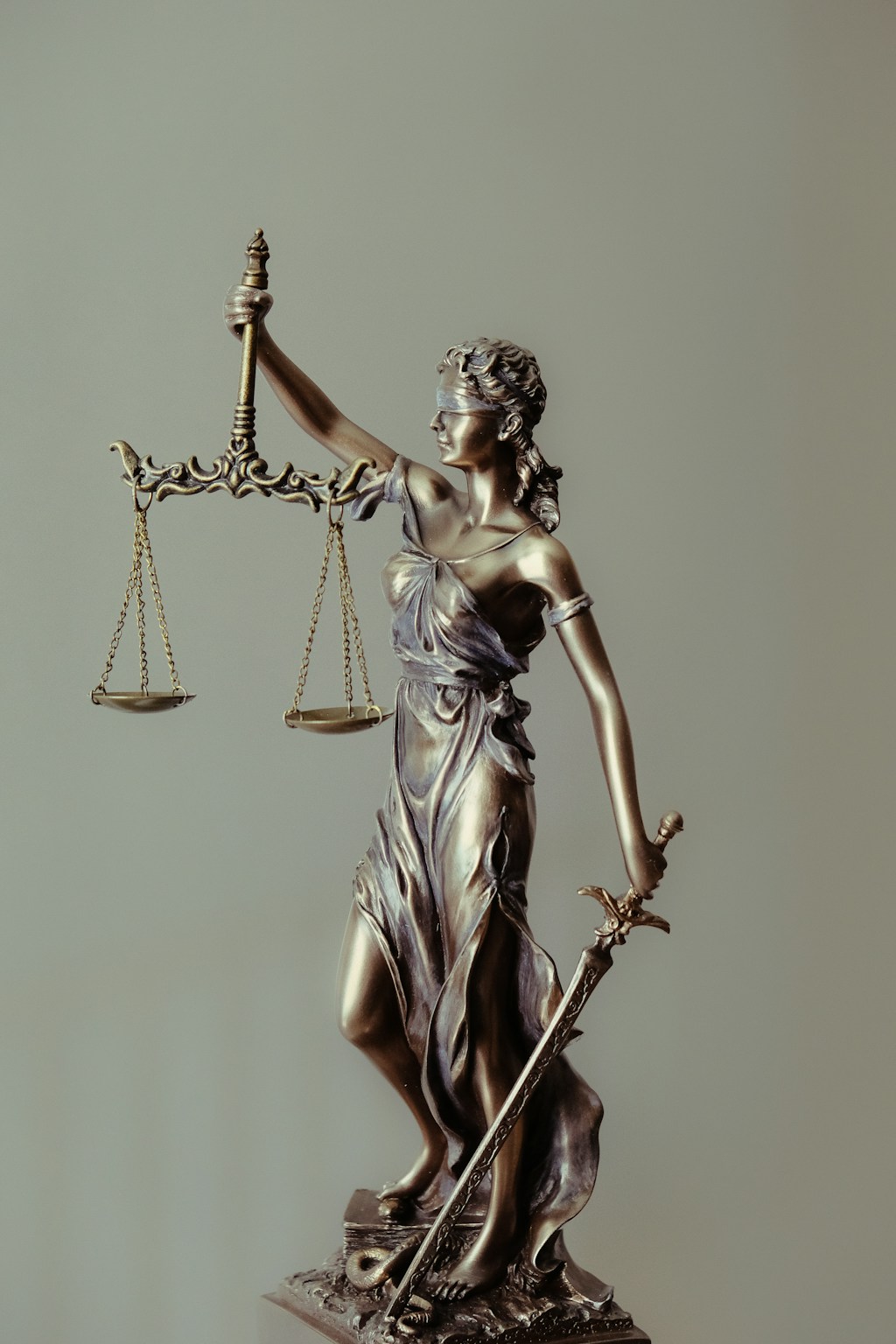Meta’s Oversight Board has taken decisive action against AI-generated deepfake content, ordering the removal of a fraudulent advertisement featuring football superstar Cristiano Ronaldo. The landmark decision highlights growing concerns over AI-powered deception in social media advertising and Meta’s enforcement capabilities.
Key Takeaways from the Meta Oversight Board Decision
- The Board mandated immediate removal of the Ronaldo deepfake advertisement
- Meta’s current anti-fraud enforcement measures were deemed insufficient
- The case sets precedent for handling AI-generated content moderation
Understanding the Deepfake Controversy
The advertisement in question utilized advanced AI technology to create a synthetic version of Ronaldo promoting unauthorized products. This incident comes amid increasing concerns about the misuse of artificial intelligence for creating deceptive content on social media platforms.
Meta’s Enforcement Challenges
The Oversight Board’s decision highlighted significant gaps in Meta’s content moderation infrastructure:
- Inadequate detection systems for AI-generated content
- Delayed response to user reports
- Inconsistent enforcement of existing policies
Implications for Digital Asset Markets
This development has significant implications for the crypto industry, where deepfake scams have become increasingly prevalent. The decision sets an important precedent for how social media platforms must handle AI-generated content that could potentially mislead investors or promote fraudulent crypto projects.
FAQ Section
What makes this Oversight Board decision significant?
This ruling establishes new precedents for handling AI-generated content and strengthens platform accountability for preventing digital fraud.
How does this affect crypto advertising?
Crypto projects and advertisers must ensure their content complies with stricter verification standards and avoid using AI-generated celebrity endorsements.
What changes can we expect from Meta?
The platform is likely to implement more robust AI detection systems and strengthen its content moderation policies.
Looking Ahead
As artificial intelligence technology continues to evolve, platforms like Meta face mounting pressure to develop more sophisticated content moderation systems. This case serves as a watershed moment in the ongoing battle against digital deception and fraudulent advertising.


